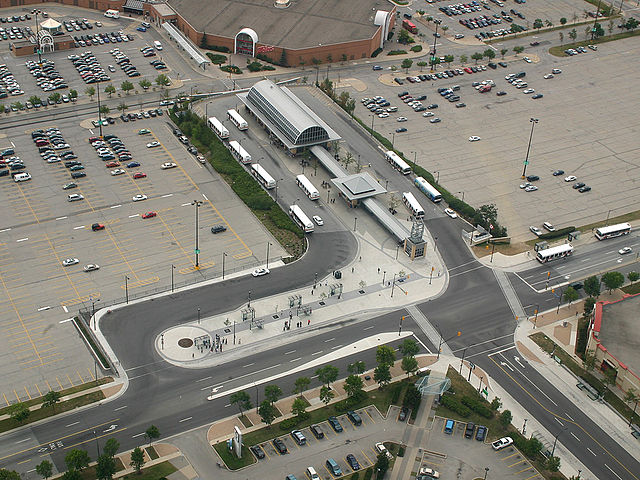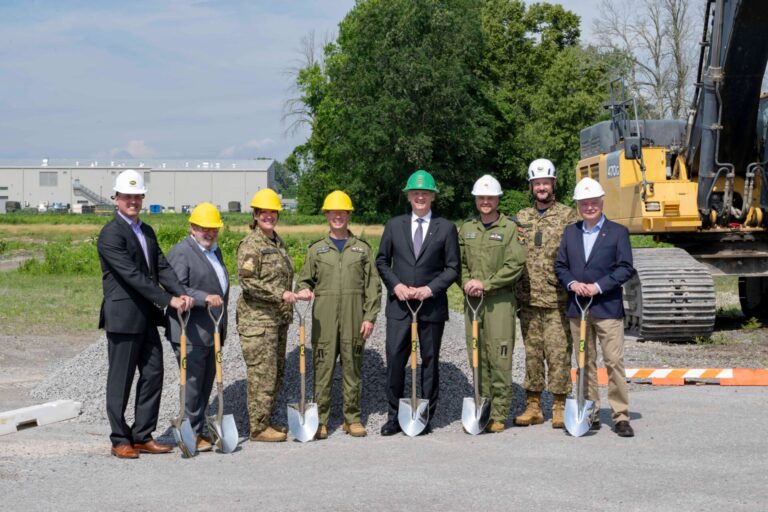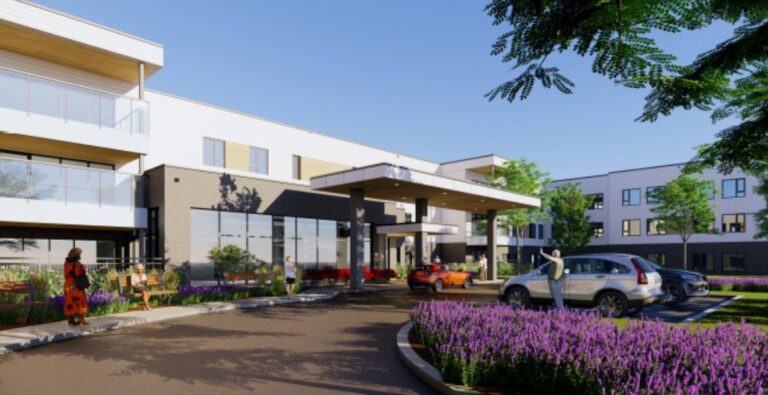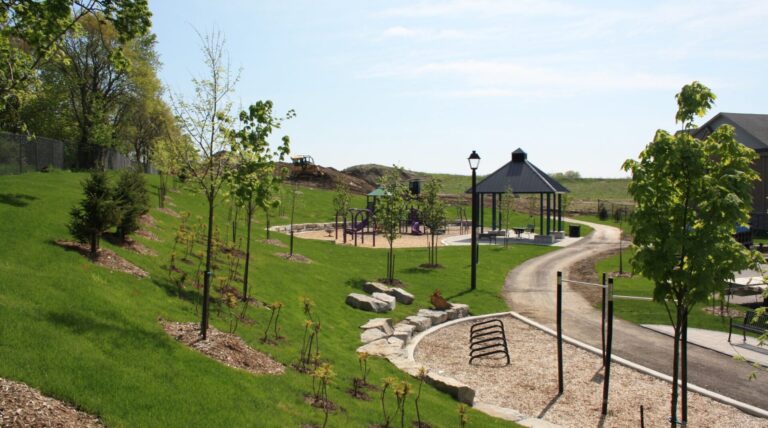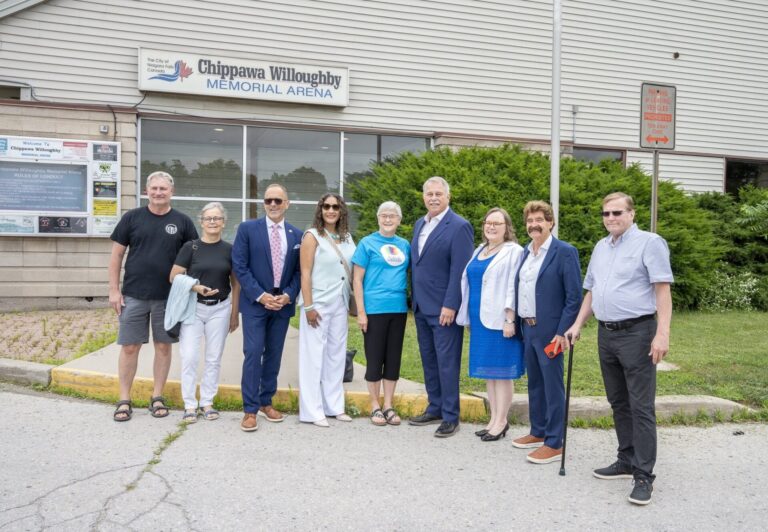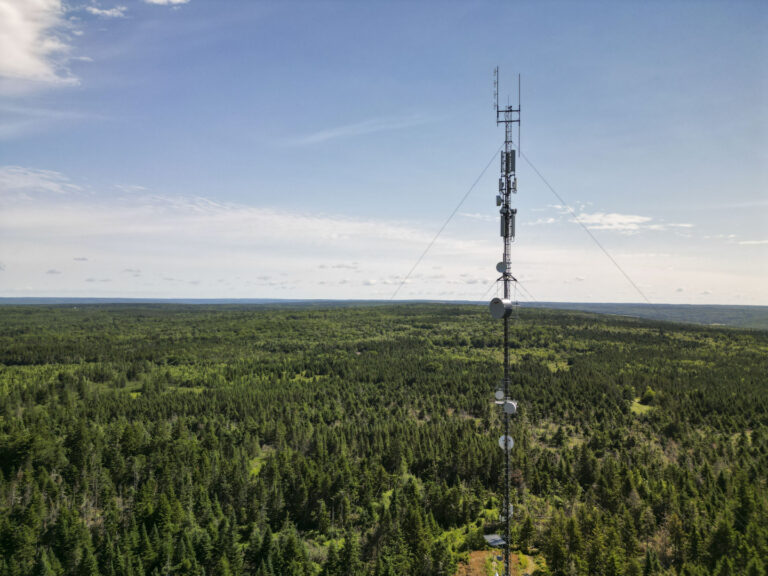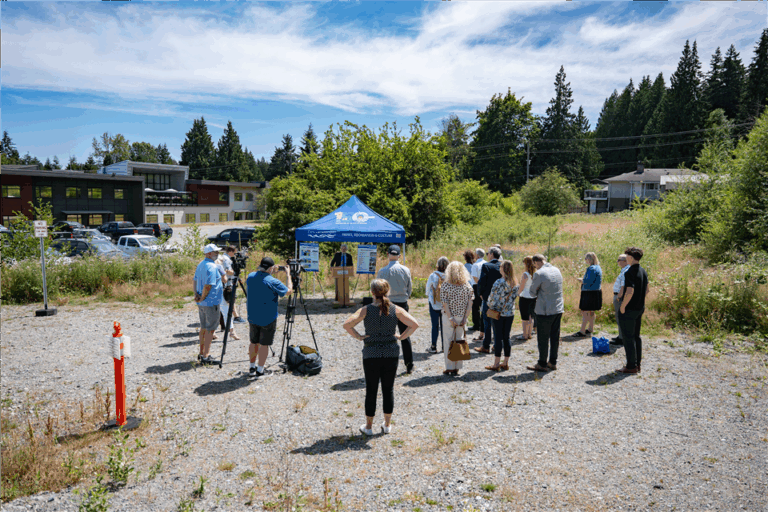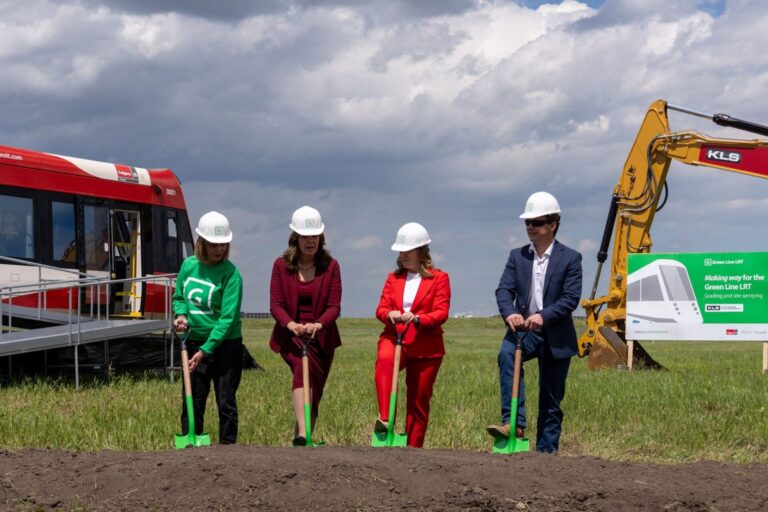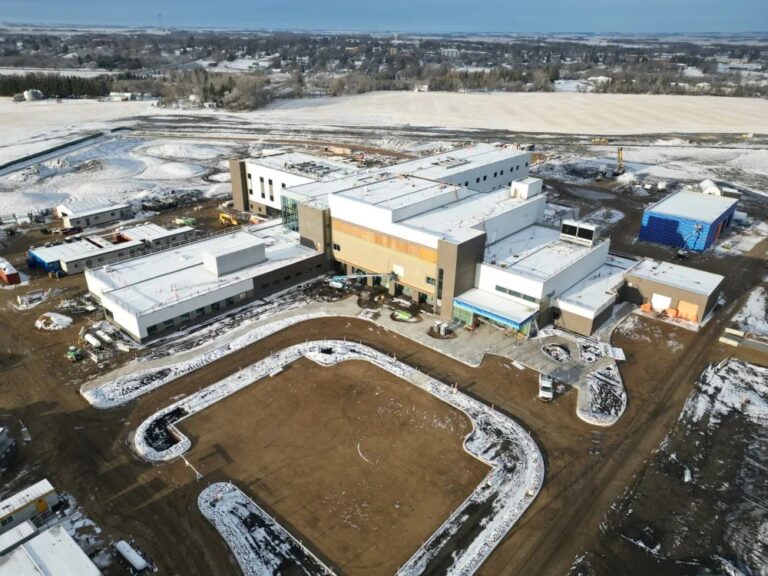The City of Mississauga is considering a proposal for a bus rapid transit (BRT) system on Dundas Street, providing a west-east link to current and future transit corridors.
The Dundas Connects Master Plan was presented at the City’s Planning and Development Committee meeting on April 30th. The Plan calls for the endorsement of the BRT as the transit solution for Dundas Street, the primary west-east road that runs through the city.
The plan calls for the BRT to run in three different modes across a corridor that would run from Ridgeway Drive at the west border of the city, to Kipling GO station, approximately 2.5-kilometres beyond the eastern city limit. The report suggests a median BRT from the Toronto border west to The Credit Woodlands, a single reversible dedicated lane from The Credit Woodlands west to Mississauga Road, and curbside BRT from Mississauga Road to Ridgeway Drive. There would also be a short secondary route that would run north from Dundas Street to the university of Toronto Mississauga campus.
The extensive plan would also incorporate significant transit-oriented development along the route. The recommendations include new densities to be permitted in different sections of the corridor to allow for residential buildings as high as 25 stories in some sections.
In total, 20 stops would be included as part of the Dundas BRT. Of those 20 stops, two would link to current regional GO rail service in the region (Dixie and Kipling stations), as well as a stop at Hurontario Street that would allow riders to connect to the Hurontario LRT, which is scheduled for completion by 2022.
The proposal provided cost estimates for the project, although some of the associated costs were not included:
“The Master Plan estimates the capital cost for transit infrastructure and corridor design components for Dundas BRT as ranging between $422 million to $502 million (please see section 6.1 of the Master Plan for more detail). These costs are inclusive of infrastructure required for the City of Toronto segment between Etobicoke Creek and Kipling Station, but exclusive of land acquisition and flood mitigation measures. They are also exclusive of ongoing operating and maintenance costs.”
Council is expected to vote on the proposal in the coming weeks.

